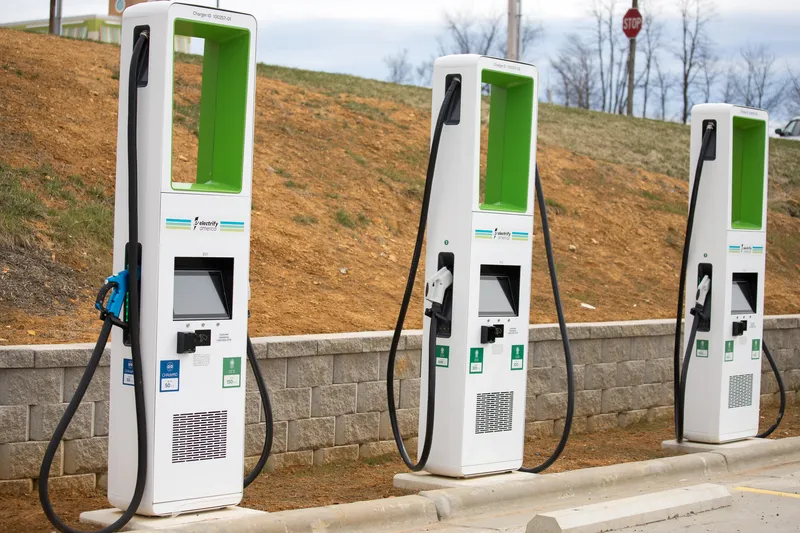According to a major Japanese newspaper, Japanese carmakers see potentially profitable business opportunities in the south-east Asian EV market, with the Philippines and Laos keen to introduce electric vehicles and make EV production a key industry. The Philippines is about to embark on a programme to replace its conventional petrol-driven tricycle taxis, widely used for transportation over short distance, with EVs. With loans from the Asian Development Bank (ADB), the Philippines will invest US$500 million
August 12, 2013
Read time: 2 mins
According to a major Japanese newspaper, Japanese carmakers see potentially profitable business opportunities in the south-east Asian EV market, with the Philippines and Laos keen to introduce electric vehicles and make EV production a key industry.
The Philippines is about to embark on a programme to replace its conventional petrol-driven tricycle taxis, widely used for transportation over short distance, with EVs. With loans from the2128 Asian Development Bank (ADB), the Philippines will invest US$500 million by 2017 to replace about 100,000 of the 3.5 million gasoline-powered tricycles in the country with electricity-powered tricycles.
Laos, which has abundant hydroelectric power, aims to reduce its dependence on imported gasoline by promoting widespread use of EVs over gas-powered automobiles. The Laotian government is implementing a project to convert 40 per cent of the nation’s motorcycles, tricycles and four-wheel vehicles into EVs by 2020 with the cooperation of the Japan International Cooperation Agency.
In the Philippines, an official of the Energy Department estimates 10,000 jobs will be created if the country domestically produces 100,000 electric tricycles.
Sohail Hasnie, an official of the ADB in charge of EV promotion, voiced the hope that successful precedents in the Philippines would spread among other countries.
Japanese manufacturers hope to exploit future demand in Southeast Asia by assisting the region’s efforts to popularise EVs. Terra Motors plans to produce 10,000 EVs in the Philippines if its tender to the Philippine government is successful.
However, hurdles remain before EVs can spread widely in the region. One hurdle is cost. EVs currently cost twice as much as gasoline-powered cars, which are priced at about US$2,000 each. Another challenge will be to build enough facilities to recharge EVs. The Philippines faces the additional hurdle of securing enough electricity to power the EVs.
The Philippines is about to embark on a programme to replace its conventional petrol-driven tricycle taxis, widely used for transportation over short distance, with EVs. With loans from the
Laos, which has abundant hydroelectric power, aims to reduce its dependence on imported gasoline by promoting widespread use of EVs over gas-powered automobiles. The Laotian government is implementing a project to convert 40 per cent of the nation’s motorcycles, tricycles and four-wheel vehicles into EVs by 2020 with the cooperation of the Japan International Cooperation Agency.
In the Philippines, an official of the Energy Department estimates 10,000 jobs will be created if the country domestically produces 100,000 electric tricycles.
Sohail Hasnie, an official of the ADB in charge of EV promotion, voiced the hope that successful precedents in the Philippines would spread among other countries.
Japanese manufacturers hope to exploit future demand in Southeast Asia by assisting the region’s efforts to popularise EVs. Terra Motors plans to produce 10,000 EVs in the Philippines if its tender to the Philippine government is successful.
However, hurdles remain before EVs can spread widely in the region. One hurdle is cost. EVs currently cost twice as much as gasoline-powered cars, which are priced at about US$2,000 each. Another challenge will be to build enough facilities to recharge EVs. The Philippines faces the additional hurdle of securing enough electricity to power the EVs.








